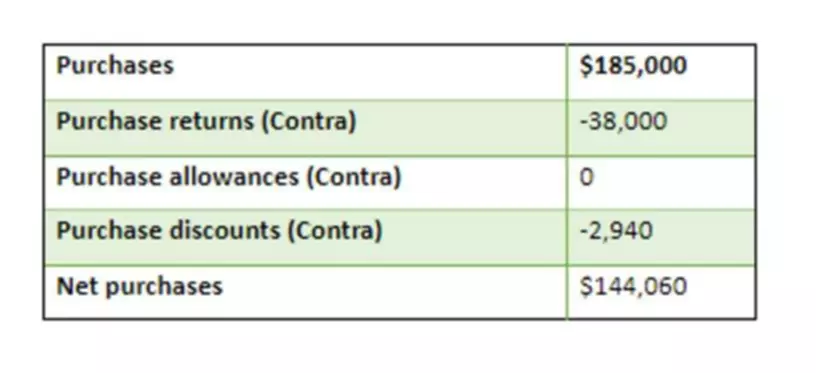Content

Working capital management optimises tools like working capital financing policy, EOQ, and JIT. Meanwhile, unpaid salaries accrue and become part of accounts payable. Once you optimise resources and ensure liquidity, you will have more room for growth. The average growth rate of net income based on 5 years of historical data (2009–2013) was from 8.9%.
Meanwhile, short-term borrowings come from banks and other lending institutions. In contrast to accounts payable, short-term borrowings bear interest.
If a company needs to borrow funds to meet its current liabilities, its financial condition is weak. A low cash ratio is not necessarily bad because there might be situations that skew the balance sheets of a company. This can include long credit https://www.bookstime.com/ terms with its suppliers or very little credit extended to its customers. Current liabilities are the amount of money a company owes, such as accounts payable, short-term loans, and accrued expenses, that are due for payment within a year.
It is categorized as current liabilities on the balance sheet and must be satisfied within an accounting working capital ratio period. In other words, you have to have some context to make this ratio really useful.
They represent the remaining expenses to serve a customer who has paid upfront. The “impact” relates to how the cash flow has changed when there is positive and negative fluctuation in working capital. These may also include assets that are not intended for sale, such as office supplies. Cost Of SalesThe costs directly attributable to the production of the goods that are sold in the firm or organization are referred to as the cost of sales. Are generally payable in a month’s time, such as a salary, material supply, etc.
The current ratio, also known as the working capital ratio, provides a quick view of a company’s financial health. Based on the above information, you can calculate working Capital and Current Ratio. Therefore for working capital calculations, you require two balance sheet items- Current assets and current liabilities. Here, total current assets are $55,000 and total current liabilities are $45,000. When current assets are greater than current liabilities- A positive working capital position indicates that the company can cover its short-term debts with the available cash resources. The difference between total current assets and total current liabilities is called Working Capital. This tells us the operating capital available in the short term from within the business.
When a company has excess current assets, that amount can then be used to spend on its day-to-day operations. A company can increase its working capital by selling more of its products. Subtract current liabilities from current assets to get the working capital. Accounts payable often come from credit agreements with your suppliers. With proper management, you can maintain the balance between procurement and payment.
Both of these current accounts are stated separately from their respective long-term accounts on thebalance sheet. This presentation gives investors and creditors more information to analyze about the company. Current assets and liabilities are always stated first on financial statements and then followed by long-term assets and liabilities. Managing working capital with accounting software is important for your company’s health. Positive working capital means you have enough liquid assets to invest in growth while meeting short-term obligations, like paying suppliers and making interest payments on loans.
Therefore Working capital is the total amount available to pay off short-term financial obligations. While Current Ratio is the liquidity ratio which indicates the capacity of current assets to pay off current liabilities. The current ratio evaluates the capacity of a company to pay its debt obligations using all of its current assets. Unlike the cash ratio and quick ratio, it does not exclude any component of the current assets. The quick ratio can be interpreted as the cash value of liquid assets available for every dollar of current liabilities. Thus, a quick ratio of 1.5 implies that for every $1 of Company B’s current liabilities, it has $1.50 worth of quick assets which can cover its short-term obligations if needed.
You’ll have to manage and utilise cash, receivables, and inventory. Here are some reasons why working capital management is vital to your business. You can do workflow capital management in different ways, but the best way to begin is to determine your working capital first. Proper account payable management is essential in maintaining a good working capital. Utilising credit arrangements, cash payments, and scheduled supplier payments are just some of the ways you can do to maintain proper cash flow.
Fearon Fibreglass ltd T/A A & S Fibreglass prides itself on offering all our clients a speedy & efficient service at all times. Whenever possible we like to be given at least 1-2 weeks' notice. However we will always try our best to meet our client's needs & will try to fit in with any works timetable given to us.
All Rights Reserved 2022 Copyrights | Designed & Powered by Onqanet technologies Pvt Ltd